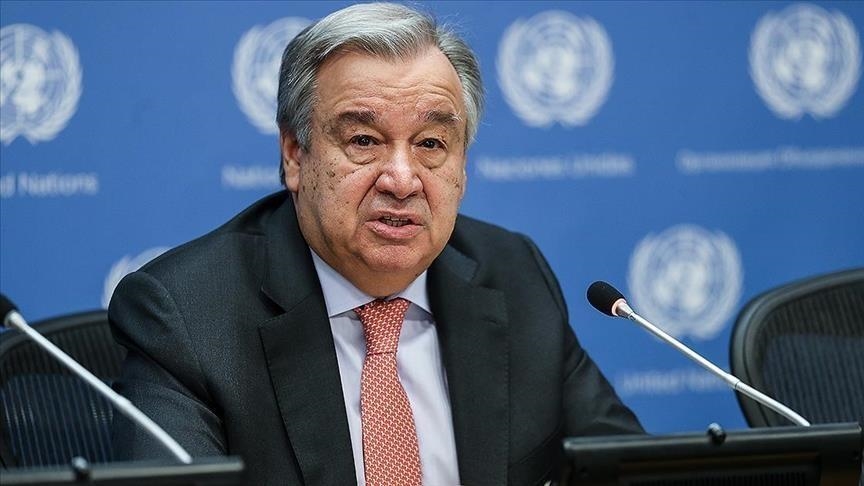“Every person on Earth today is living in a crime scene,” Covering Climate Now’s executive director Mark Hertsgaard wrote in 2021 at the launch of the Guardian’s “Climate Crimes” reporting series.
“The fossil fuel industry’s 40 years of lying about climate change,” he added, “have… blunt[ed] public awareness and governmental action against what scientists say is now a full-fledged climate emergency.”
Today, the fossil fuel industry’s crime is cruelly playing out in the Horn of Africa, where over 20 million people face starvation due to record-breaking drought following five consecutive failed rainy seasons.
Scientists say it “would not have happened” without human-caused climate change, which made the drought 100 times more likely, according to a new World Weather Attribution study.
The world desperately needs eyes on the ground — in other words, news photographers, and TV cameras — so that people and governments everywhere can see what’s happening.
A story by Somalian journalist Fathi Mohamed Ahmed for The New Humanitarian illustrates the desperation: One Somalian mother makes the impossible choice to poison her children so that they’ll qualify for the nutritional assistance needed to keep them alive.
The misery unfolding is a textbook case of climate injustice, and needs to be covered as such: Countries in the region have collectively emitted a mere 0.4% of the greenhouse gases overheating the planet.
Most of the world’s newsrooms don’t have reporters in the Horn of Africa or the resources to send them there. Much the same is true, however, about Sudan, but that hasn’t stopped the world media from (rightly) running abundant coverage about its incipient civil war.
One step that newsrooms with subscriptions to global news agencies, such as AFP and Reuters, can take is to run their stories about the situation in East Africa. (This AFP graphic shows drought and famine conditions by country.) Newsrooms can also seek out reporting by and hire local journalists working in the region.
Critically, what’s happening in the Horn of Africa should inform the climate coverage journalists everywhere do in their respective regions. Report on how fossil fuel companies’ climate crime is playing out in your own backyard, and who’s being hurt the worst.
Sadly, with oceans heating faster than ever and El Niño further boosting global temperature rise, scientists project that the rest of 2024 will be turbulent; there will be plenty of news pegs for such coverage in the weeks and months ahead.
©Covering Climate Now





